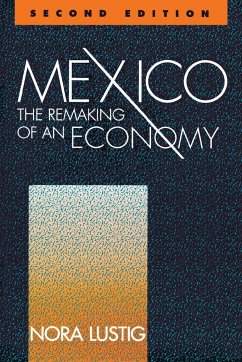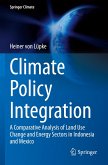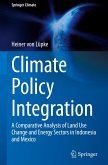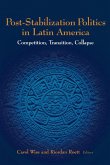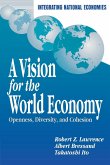" Today Mexico is viewed as a success story in the management of economic adjustment and structural reform. Inflation is under control, capital and foreign investment are returning, and out growth has increased. Mexico's recovery, however, has been neither smooth nor rapid. In mid-1982, Mexico was in deep economic crisis compounded by an unfavorable international environment. Mexico was saddled with a large foreign debt, world interest rates were high, commercial banks had stopped lending, and the price for oil was dropping. Conditions at home were no better with rampant inflation, increasing capital flight, and chaos in financial and foreign exchange markets. To confront internal imbalances and accommodate adverse external conditions, Mexico adjusted its consumption and output, then sought new ways to foster growth. The crisis and adjustment imposed great hardship and demanded enormous discipline on the part of the government. This was accomplished without serious political or social disruption. In this book, Nora Lustig analyzes Mexico's economic evolution from the outset of the debt crisis in 1982 until the sweeping reforms began to bear fruit in the early 1990s. She explains the causes of the 1982 economic crisis and why it took Mexico ""so long"" to restore stability and growth. She also explores the question of the social costs of economic crisis and adjustment, and why the process may have been easier for Mexico than other debt-ridden countries. A discussion of the emerging role of the state in Mexico and the country's new outward-oriented development strategy is followed by an analysis of its search for greater economic integration with the United States and Canada. Selected by Choice as an Outstanding Book of 1992"
Hinweis: Dieser Artikel kann nur an eine deutsche Lieferadresse ausgeliefert werden.
Hinweis: Dieser Artikel kann nur an eine deutsche Lieferadresse ausgeliefert werden.

